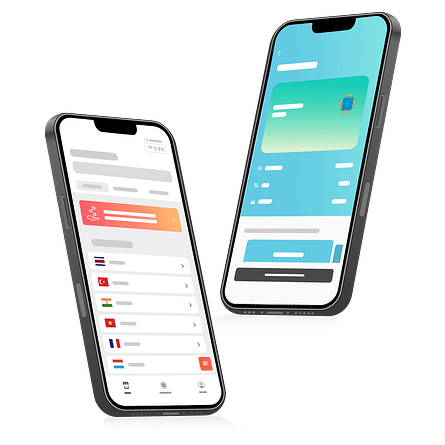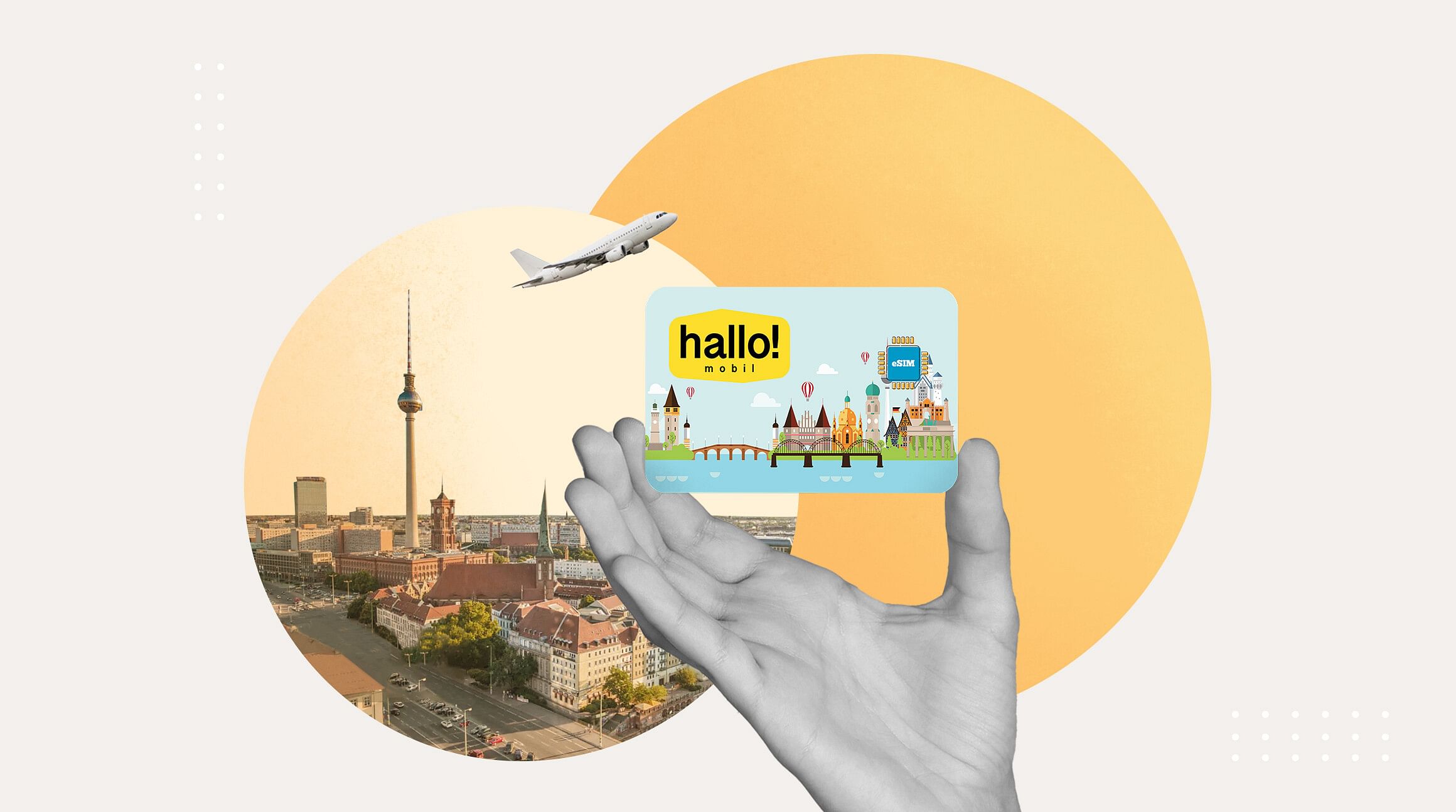
Germany, a country rich in history, culture, and stunning landscapes, offers an incredible travel experience for every type of traveler. Germany has something for everyone, from the vibrant cities of Berlin and Munich to the serene beauty of the Bavarian Alps and the enchanting Rhine Valley. Whether exploring its historic landmarks, indulging in hearty German cuisine, or enjoying its world-renowned festivals, this guide covers it all.
What's Inside This Guide?
- Best Time to Visit Germany
- Top 10 Cities to Explore in Germany
- Top 10 Activities in Germany
- Essentials Before Traveling to Germany
- Travel Costs for Visitors in Germany
- 5 Fun Facts About Germany
- FAQs About Traveling to Germany
- Stay Connected in Germany with an eSIM from Airalo
Best Time to Visit Germany
Germany is a year-round destination, but the best time to visit depends on your interests and activities.
- Spring (March-May): Experience blooming flowers, moderate weather, and fewer crowds. Perfect for exploring cities and the countryside.
- Summer (June – August): Ideal for outdoor activities, beer gardens, and vibrant festivals like Oktoberfest (which starts in late September). Expect warmer weather and busier attractions.
- Autumn (September – November): The golden hues make this a picturesque time to visit, especially for hiking and festivals in regions like the Moselle Valley.
- Winter (December – February): A magical season for Christmas markets, snow sports in the Alps, and exploring Germany's cozy winter charm.
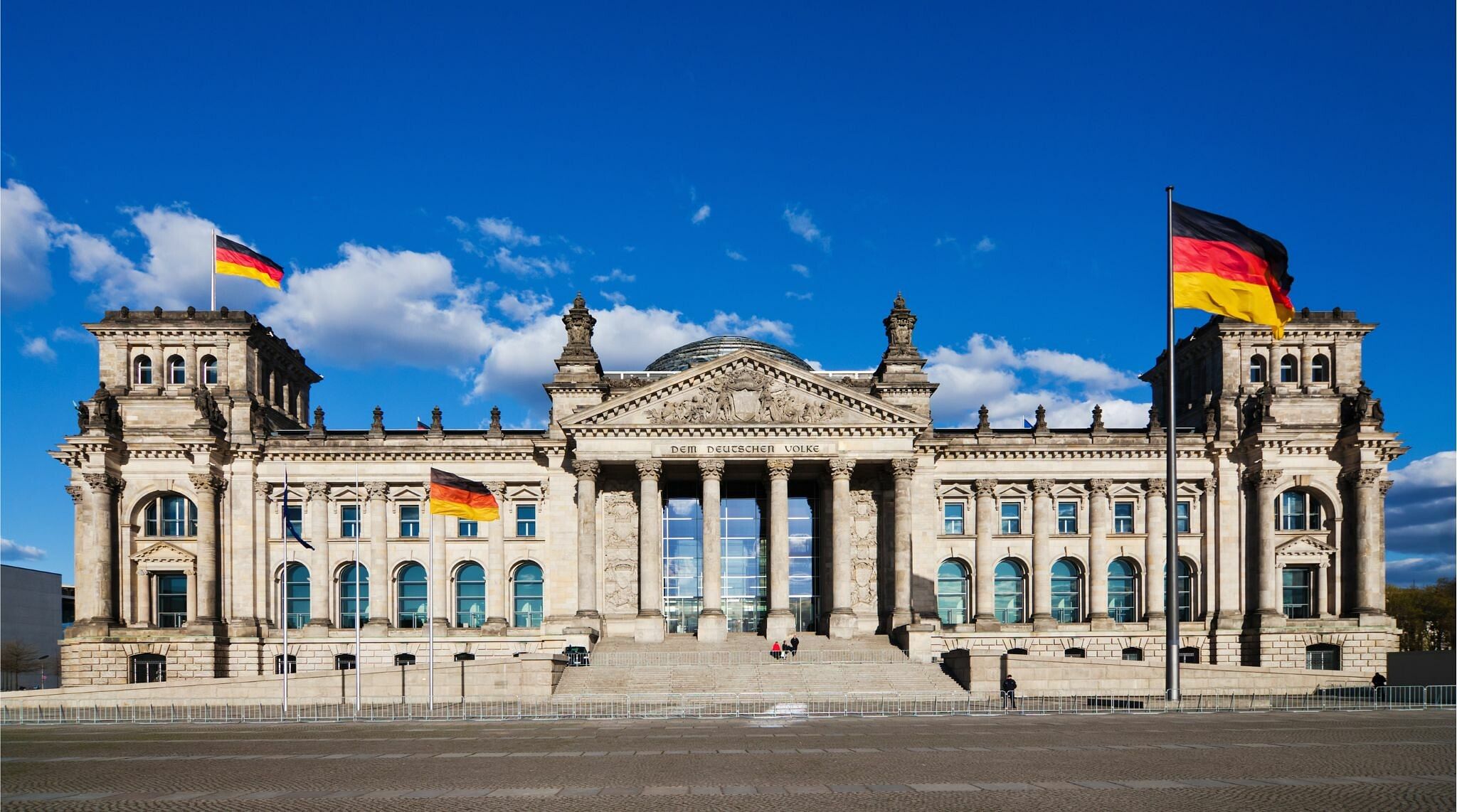
Top 10 Cities to Explore in Germany
1. Berlin
Germany's capital is a hub for history, art, and modern culture. Visit the Brandenburg Gate, Berlin Wall, and Museum Island, then explore its vibrant neighborhoods and nightlife.
2. Munich
Known for its Bavarian traditions, Munich offers the iconic Marienplatz, Nymphenburg Palace, and the famous Hofbräuhaus beer hall. If you're visiting in autumn, don't miss Oktoberfest!
3. Hamburg
This port city is known for its maritime heritage, Elbphilharmonie concert hall, and the trendy Speicherstadt district, a UNESCO World Heritage Site.
4. Frankfurt
Frankfurt is a global financial hub combining modern skyscrapers with historic sites like Römer Square and Goethe's House.
5. Cologne
Home to the stunning Cologne Cathedral, this city is perfect for art lovers and beer enthusiasts. It offers a vibrant cultural scene and local Kölsch beer.
6. Dresden
Known as the "Florence on the Elbe," Dresden boasts baroque architecture, art galleries, and the stunning Frauenkirche Church.
7. Stuttgart
Stuttgart, the birthplace of the automobile, is home to the Mercedes-Benz and Porsche museums, as well as beautiful vineyards and parks.
8. Heidelberg
This romantic city is famous for its hilltop castle, historic Old Town, and the scenic Neckar River.
9. Nuremberg
Steeped in medieval history, Nuremberg offers a charming Old Town, the Kaiserburg Castle, and the moving Nazi Documentation Center.
10. Leipzig
Known for its music and arts scene, Leipzig is a cultural gem with historic sites, vibrant cafes, and a rich musical heritage tied to Bach and Wagner.
Related: Malta Travel Guide: Everything You Need to Know
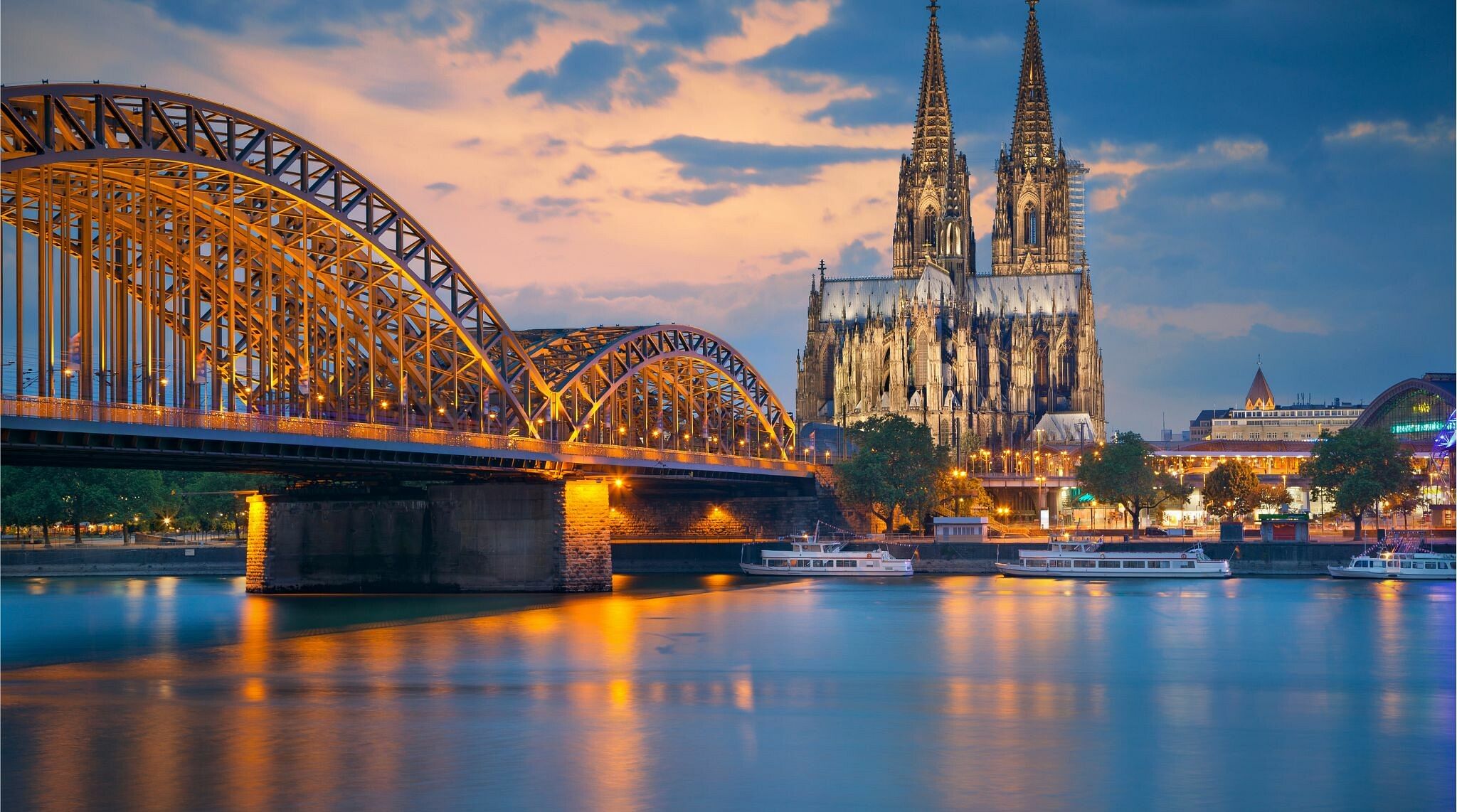
Top 10 Activities in Germany
1. Explore Neuschwanstein Castle
This fairytale castle in Bavaria inspired Disney's Sleeping Beauty Castle and offers stunning views and rich history.
2. Cruise the Rhine River
Take a scenic cruise to admire medieval castles, charming villages, and vineyards along the Rhine Valley.
3. Attend Oktoberfest
Come to Munich for the world's largest beer festival, which features traditional Bavarian music, food, and, of course, beer.
4. Visit Berlin's Historical Landmarks
Explore the Berlin Wall, Checkpoint Charlie, and the Holocaust Memorial to dive into Germany's pivotal history.
5. Wander Through the Black Forest
This picturesque region is perfect for hiking, biking, and tasting Black Forest cake in its original setting.
6. Explore Sanssouci Palace in Potsdam
This magnificent palace and gardens were Frederick the Great's summer residence and are a UNESCO World Heritage Site.
7. Discover Hamburg’s Port and Speicherstadt
Stroll through the historic Speicherstadt district and visit the iconic Elbphilharmonie overlooking the Elbe River.
8. Experience German Christmas Markets
From Berlin to Nuremberg, Germany's Christmas markets are magical. They offer crafts and festive treats, among other fun things.
9. Tour Bavaria's Alpine Villages
Enjoy breathtaking mountain views and traditional Bavarian charm in towns like Garmisch-Partenkirchen.
10. Indulge in German Cuisine
Savor bratwurst, schnitzel, pretzels, and German beer, or try regional specialties like Sauerbraten and spaetzle.
Related: Georgia Travel Guide: Everything You Need To Know
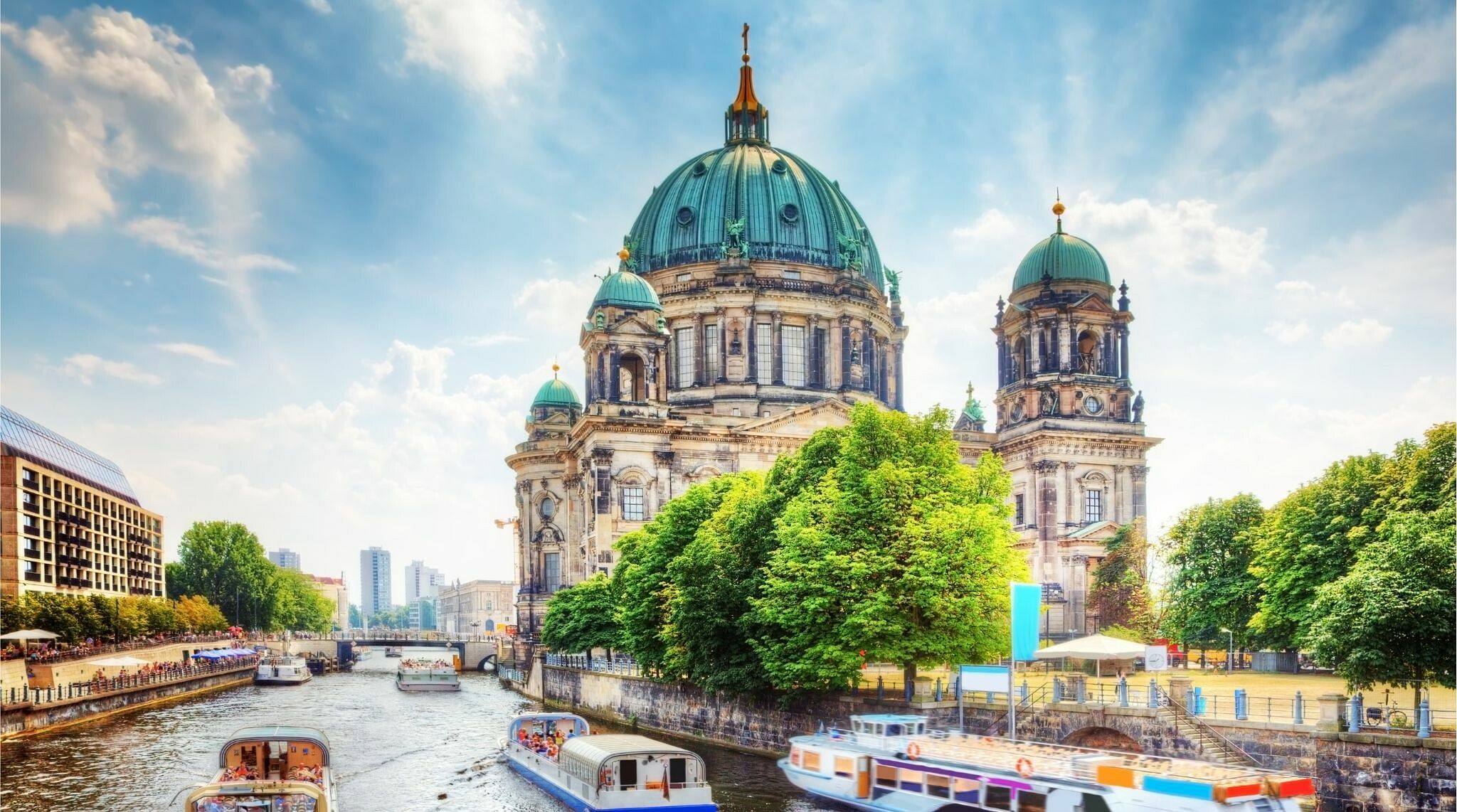
Essentials Before Traveling to Germany
-
Visas and Passports
Germany is part of the Schengen Zone. Most visitors from Europe, the US, and other visa-exempt countries can enter visa-free for up to 90 days. Ensure your passport is valid for at least six months.
-
Currency
Germany uses the Euro (€). Credit cards are widely accepted, but it is advisable to have cash for smaller shops and restaurants.
-
Language
German is the official language, but English is commonly spoken in tourist areas.
-
Transportation
Germany has an excellent public transport system, including trains (Deutsche Bahn), trams, and buses. The Eurail Pass is a wonderful option for travelers.
-
Connectivity
Stay connected with an eSIM from Airalo in Germany. It offers seamless internet access across Germany without the hassle of finding a local SIM.
Related: Montenegro Travel Guide: Everything You Need to Know
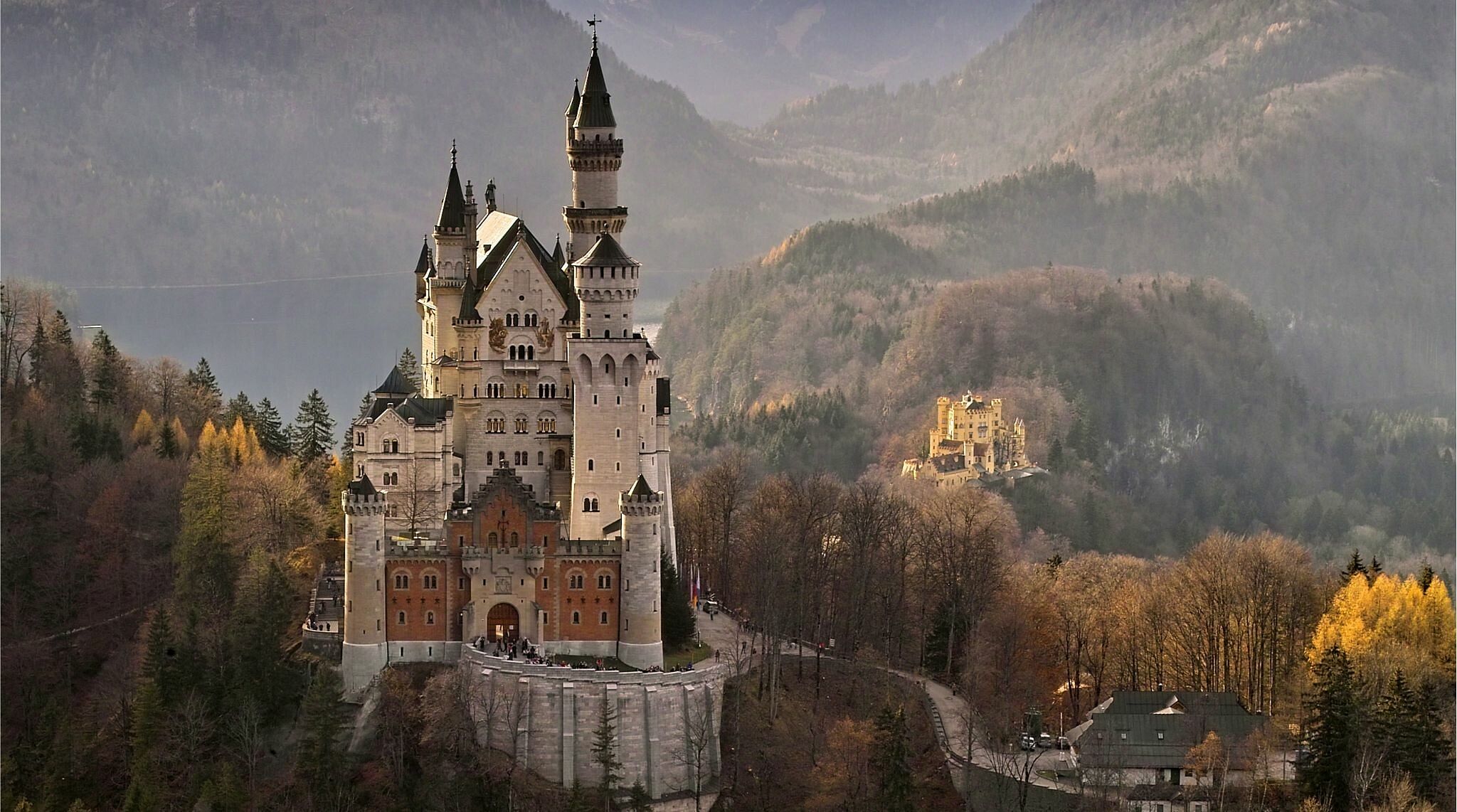
Travel Costs for Visitors in Germany
Germany offers options for every type of traveler, from budget-conscious backpackers to luxury seekers. Here's a detailed breakdown of what you can expect to spend on accommodation, food, transportation, and attractions during your visit.
Accommodation Costs
- Budget: Budget travelers can find hostels and guesthouses starting at €30–€70 per night. Hostels often offer dormitory-style rooms, while small guesthouses or pensions provide private rooms at a low cost. These are great for saving money while still enjoying a comfortable stay.
- Mid-Range: Mid-range hotels cost between €80 and €150 per night and offer amenities like private bathrooms, free Wi-Fi, and breakfast. These options are perfect for families or couples looking for a balance of comfort and affordability.
- Luxury: High-end hotels and resorts start at €200 per night and above, offering premium amenities such as spa services, gourmet dining, and stunning views. Luxury stays are especially popular in cities like Munich, Berlin, and Frankfurt, as well as in Alpine resorts.
Food and Dining Costs
- Street Food and Local Restaurants: Meals at casual eateries, bakeries, or food stalls cost around €8–€15 per person. For a delicious and budget-friendly experience, try local favorites like currywurst, pretzels, or bratwurst from street vendors.
- Mid-Range Dining: At sit-down restaurants, expect to pay €20–€40 per meal, typically including an appetizer, main dish, and a drink. Regional specialties like schnitzel, Sauerbraten, and spaetzle are must-tries.
- Fine Dining: High-end restaurants and Michelin-starred establishments can range from €50–€150+ per meal. Germany has many fine dining spots offering gourmet takes on local and international cuisine.
- Groceries: Grocery shopping is economical if you stay in an apartment or hostel with a kitchen. Weekly grocery expenses typically range from €30–€50, depending on your choices.
Transportation Costs
Local Transport
Germany's public transport is reliable and affordable. Single bus, tram, or metro system tickets cost €2.50–€5, depending on the city. Day passes, which allow unlimited travel in a town, cost around €6–€12.
Regional and Long-Distance Trains:
The Deutsche Bahn train network connects cities efficiently.
- Regional trains: Tickets range from €15–€50, depending on the distance.
- Long-distance trains (ICE trains): Tickets cost between €50–€150, but booking in advance can save you up to 50%.
- Rail Passes: A Eurail Pass offers excellent value for travelers exploring multiple cities. Prices start from €100–€ 300, depending on the duration and coverage.
- Car Rentals: Car rentals start at €40–€70 per day, plus fuel costs (~€2 per liter). Driving is a good option for exploring rural areas and scenic routes like the Romantic Road or the Black Forest.
Attraction and Activity Costs
- Museums and Landmarks: Entry fees for museums, galleries, and landmarks range from €5–€15. Popular spots like Neuschwanstein Castle may cost slightly more (~€17 per adult). Some museums in major cities offer free entry on specific days.
- Guided Tours: Walking tours or guided experiences in cities like Berlin, Munich, or Hamburg cost around €15–€30 per person, while private tours range from €50–€100+.
- Outdoor Activities: Hiking and exploring national parks are often free, while activities like river cruises on the Rhine or guided castle tours can cost between €20–€50.
- Christmas Markets: Visiting Christmas markets is free, but you might spend €10–€20 on food, drinks, and souvenirs.
Miscellaneous Expenses
- Coffee and Snacks: A cup of coffee costs €2–€4, while pastries or small snacks are about €3–€5.
- Souvenirs: Depending on the item, handmade crafts, cuckoo clocks, or regional delicacies like stollen or Black Forest ham can cost between €10 and € 50.
Sample Daily Budget
Here's a rough estimate of what you might spend in Germany, depending on your travel style:
- Budget Traveler: €50–€80 per day (hostels, street food, public transport, and free attractions).
- Mid-Range Traveler: €120–€200 per day (3-star hotels, mid-range dining, regional trains, and paid attractions).
- Luxury Traveler: €300+ per day (luxury hotels, fine dining, car rentals, and premium experiences).
Germany offers excellent value for money with options that cater to all budgets, ensuring an unforgettable experience for every traveler.
Related: Dubai Travel Guide: Everything You Need to Know
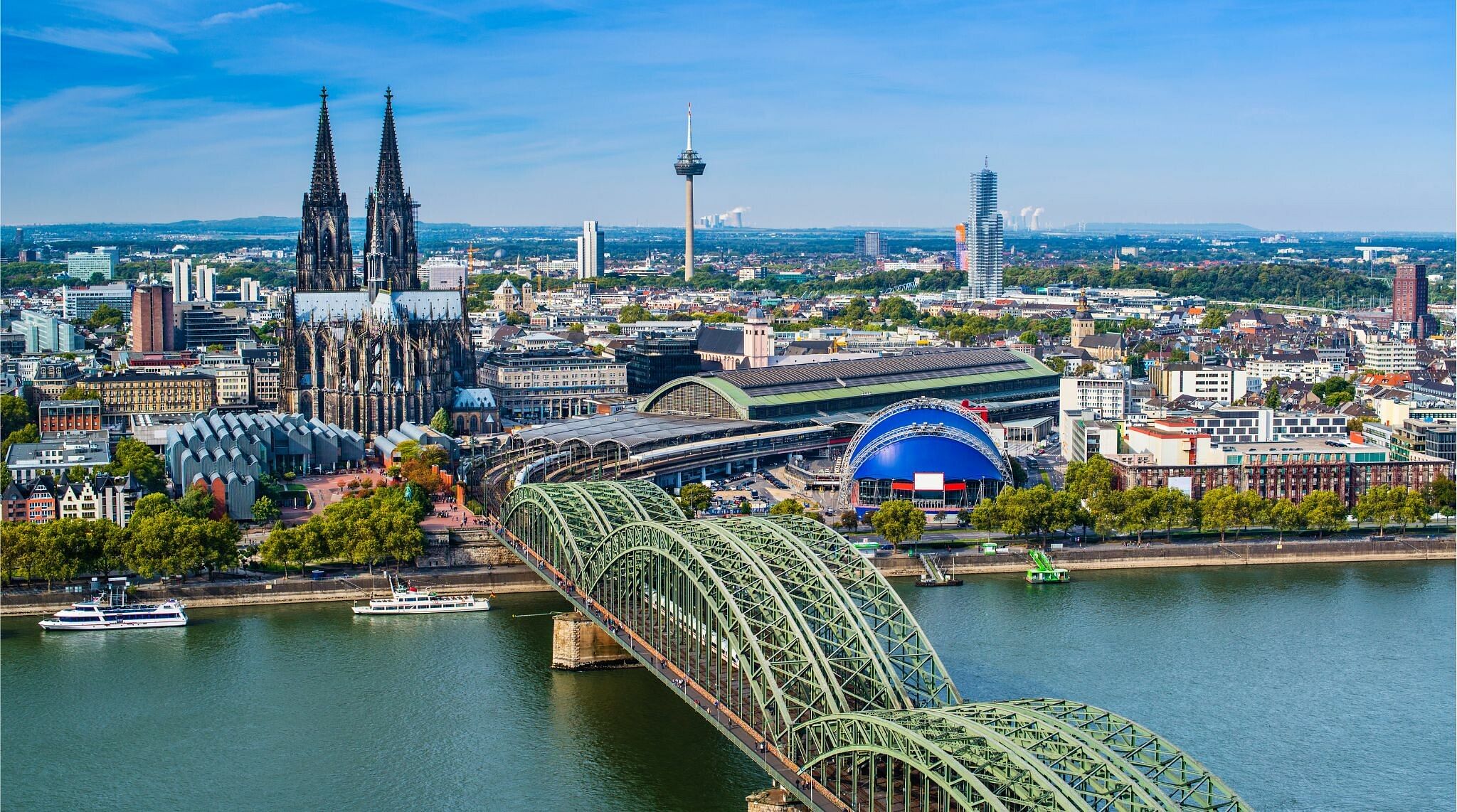
5 Fun Facts About Germany
- Germany has over 25,000 castles, with Neuschwanstein being the most iconic.
- It has the most UNESCO World Heritage Sites in Europe after Italy and Spain.
- Germans are credited with inventing the printing press, cars, and aspirin.
- Oktoberfest actually starts in late September.
- Germany is the third-largest beer consumer in the world.
FAQs About Traveling to Germany
-
Is Germany Safe for Tourists?
Yes, Germany is one of the safest countries in Europe, with excellent public safety measures.
-
What Currency Is Used in Germany?
The Euro (€) is the official currency.
-
Do I Need to Speak German?
Not necessarily. Most Germans speak English, especially in cities and tourist areas.
-
What's the Best Way to Travel Around Germany?
The train system is efficient and connects most cities. Public transport in urban areas is reliable and easy to use.
Related: Azerbaijan Travel Guide: Explore, Experience, and Enjoy the Land of Fire
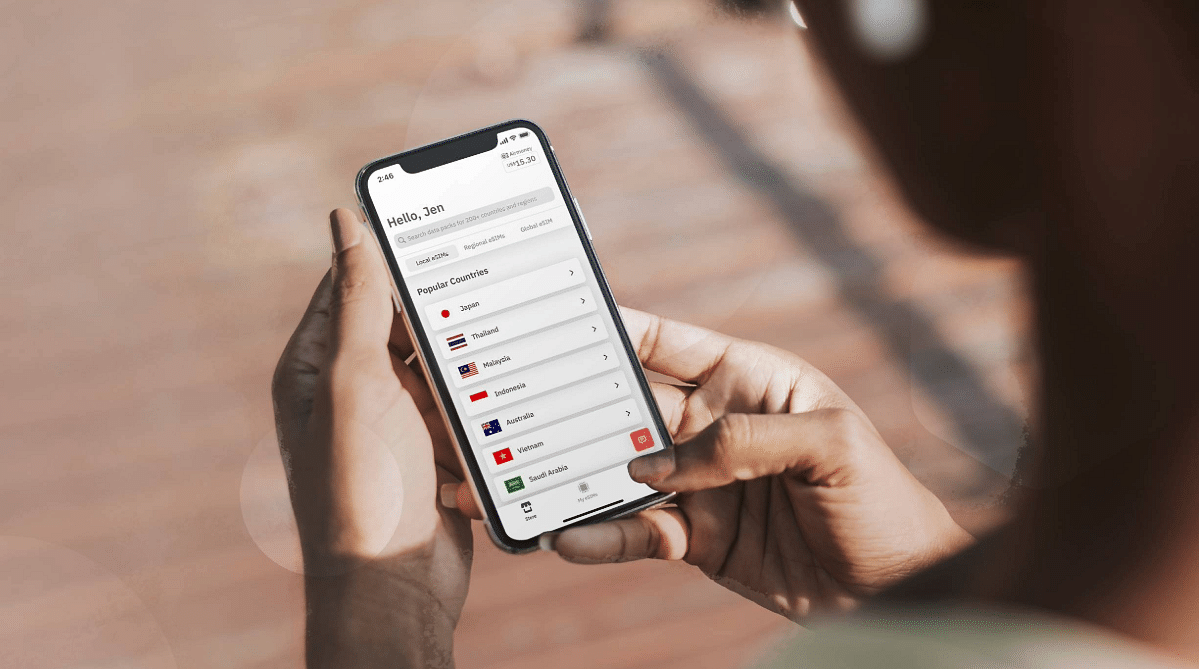
Stay Connected in Germany with an eSIM from Airalo
Stay connected with an eSIM from Airalo no matter where you travel. Airalo gives you access to affordable eSIMs for 200+ countries and regions.
Why Airalo? Here are a few reasons to use an Airalo eSIM when you travel:
- Connect to a mobile network within minutes of arrival.
- Choose from flexible local, regional, and global data plans.
- Eliminate the need to find a local SIM vendor.
- Say goodbye to expensive roaming charges.
- Store multiple eSIM data plans on your device.
- Running out of data? Top up in the Airalo app.
Planning a trip to Germany? Get a Germany eSIM to stay connected during your trip.
Download the Airalo app (iOS | Android) or visit the Airalo website for a smooth experience. Follow our blog to stay up-to-date about travel, fun destinations, eSIM tech, and more.


